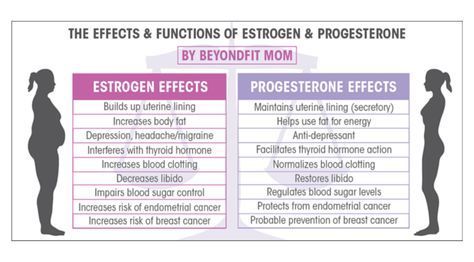The Mediterranean diet is not just a meal plan; it is a way of life that emphasizes the consumption of whole, plant-based foods, lean proteins, and healthy fats. Research has consistently shown that following the Mediterranean diet can contribute to improved heart health and overall fitness.
What is the Mediterranean Diet?
The Mediterranean diet is inspired by the eating habits of people in countries surrounding the Mediterranean Sea, including Greece, Italy, and Spain. It prioritizes the consumption of fruits, vegetables, whole grains, legumes, nuts, and olive oil while limiting red meat, processed foods, and added sugars.
Its emphasis on whole, unprocessed foods provides a variety of essential nutrients, including vitamins, minerals, antioxidants, and healthy fats, which are vital for maintaining a healthy heart and body.
Benefits for Heart Health
Multiple scientific studies have linked the Mediterranean diet to a range of heart health benefits:
Reduced Risk of Heart Disease
The Mediterranean diet is associated with a lower risk of developing heart disease or suffering from a heart attack. The consumption of nutrient-rich foods, such as fruits, vegetables, and whole grains, helps lower blood pressure and prevent the formation of blood clots. Moreover, the diet’s emphasis on healthy fats, found in fish, nuts, and olive oil, aids in reducing LDL cholesterol levels while increasing HDL cholesterol, also known as “good” cholesterol.
Lower Blood Pressure
High blood pressure, or hypertension, is a major risk factor for heart disease. Following the Mediterranean diet has been shown to reduce blood pressure levels effectively. The abundance of potassium-rich foods, such as leafy greens and bananas, along with the reduction of sodium intake, contributes to better blood pressure control.
Improved Blood Sugar Control
The Mediterranean diet can help regulate blood sugar levels, making it beneficial for individuals with type 2 diabetes or those at risk of developing the condition. This eating pattern promotes the consumption of complex carbohydrates found in whole grains, legumes, and vegetables, which release sugar into the bloodstream slowly, preventing sudden spikes and crashes in blood sugar levels.
Promoting Fitness and Overall Health
Adopting the Mediterranean diet not only supports heart health but also contributes to overall fitness and well-being:
Weight Management
The Mediterranean diet focuses on whole, nutrient-dense foods rather than calorie-dense processed foods. This approach promotes weight management and can help prevent obesity. By consuming a variety of vegetables, fruits, lean proteins, and healthy fats, individuals can feel satisfied with their meals while still maintaining a healthy weight.
Increased Nutrient Intake
With its rich array of fruits, vegetables, whole grains, and legumes, the Mediterranean diet provides an abundance of vitamins, minerals, and antioxidants. These nutrients play essential roles in supporting various bodily functions, enhancing immune health, and reducing the risk of chronic diseases.
Reduced Inflammation
Inflammatory processes in the body can contribute to the development of chronic diseases, including heart disease. The Mediterranean diet’s emphasis on anti-inflammatory foods, such as omega-3 fatty acids found in fish and olive oil, along with an overall high intake of antioxidants, can help reduce inflammation and promote better health.
Implementing the Mediterranean Diet
Here are some practical tips to adopt the Mediterranean diet:
Increase intake of fruits and vegetables, aiming for at least 5 servings per day.
Choose whole grain options such as brown rice, whole wheat bread, and whole grain cereals.
Include legumes like beans, chickpeas, and lentils as a source of protein.
Opt for fish consumption at least twice a week, focusing on varieties rich in omega-3 fatty acids like salmon, sardines, and trout.
Replace butter and margarine with healthy fats like extra virgin olive oil and avocado.
Limit red meat and processed meat, opting for lean proteins like poultry and plant-based proteins such as tofu and tempeh.
Snack on nuts, seeds, and fresh fruit instead of processed snacks.
Season meals with herbs and spices instead of relying on salt for flavor.
Stay hydrated by drinking water throughout the day and limit sugary beverages.
Enjoy meals with others and take time to savor the flavors and textures of each dish.
Remember, consistency is key when it comes to any dietary change. It may take time to adjust to the Mediterranean diet, but the long-term benefits for heart health and overall fitness make the effort worthwhile.
In Conclusion
The Mediterranean diet offers numerous benefits for heart health and overall fitness. By emphasizing whole, unprocessed foods and incorporating healthy fats, lean proteins, and abundant fruits and vegetables, individuals can reduce their risk of heart disease, lower blood pressure, improve blood sugar control, manage weight, and enhance overall well-being. Embrace the Mediterranean diet and start nourishing your body for a healthier future!








